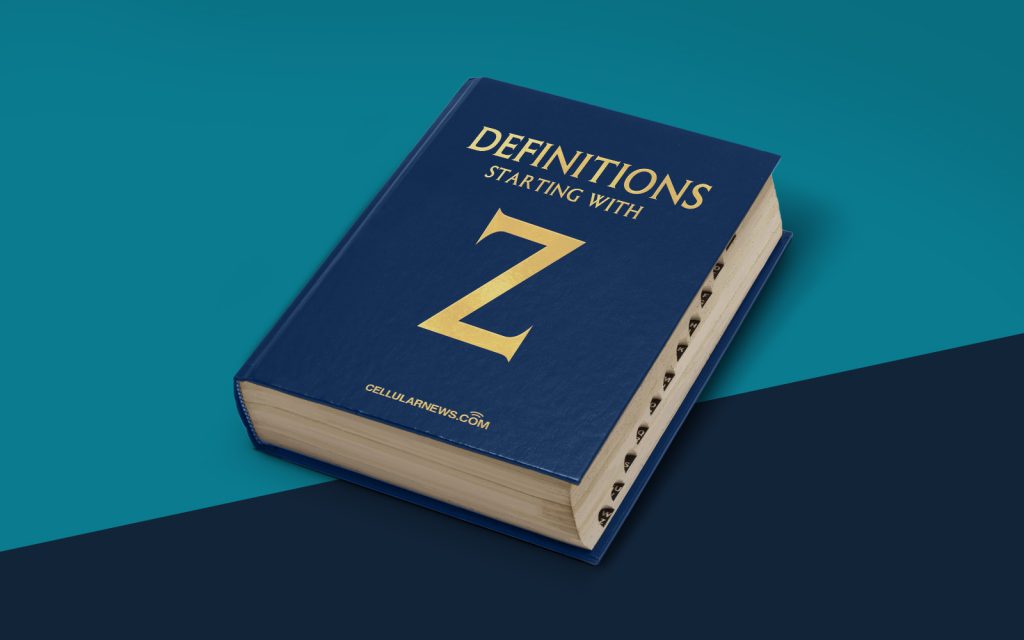
Understanding the Phenomenon of Zucking
Have you ever heard of the term “Zucked”? If you’re not familiar with it, don’t worry – you’re not alone. Zucked is a term coined to describe the act of being deceived or manipulated by a social media platform, particularly Facebook. It refers to the way Facebook or its founder, Mark Zuckerberg, allegedly control and manipulate the content shown to its users. In this blog post, we’ll dive deeper into what Zucked really means and why it has become a hot topic of discussion in recent years.
Key Takeaways:
- Zucked refers to the act of being deceived or manipulated by Facebook’s algorithm.
- The algorithmic filtering, confirmation bias, and targeted advertising are the main components that contribute to feeling “Zucked.”
The Dark Side of Facebook’s Algorithm
At the core of Zucked lies the notion that Facebook, through its powerful algorithm, controls what content you see on your newsfeed. Here’s how it works:
- Algorithmic Filtering: Facebook’s algorithm analyzes your activity, including your likes, shares, and comments, to determine your interests and preferences. It then uses this information to curate your newsfeed and show you content it thinks you’ll find engaging.
- Confirmation Bias: The algorithm tends to show you content that aligns with your existing beliefs and ideologies. This creates a so-called “filter bubble” where you’re only exposed to ideas and perspectives that reinforce your own views.
- Ad Targeting: Facebook’s business model heavily relies on targeted advertising. The algorithm collects vast amounts of data about you and your browsing habits, allowing advertisers to precisely target specific demographics. This constant bombardment of personalized ads can potentially influence your thoughts and decisions, leading to the feeling of being “Zucked.”
The concern with this algorithmic control is that Facebook can manipulate the information you see, thus shaping your opinions and influencing your behavior without you even realizing it. This raises questions about the ethical implications of this level of influence and whether it is in the best interest of users.
While Facebook argues that its algorithms aim to provide a more personalized and relevant experience for users, critics argue that it can lead to echo chambers and reinforce existing biases. The term Zucked has gained prominence, becoming a symbol for the concerns surrounding privacy, data manipulation, and online misinformation.
In conclusion, being Zucked is more than just a catchy term. It encompasses the power social media platforms hold over the information we consume and the potential ramifications that come with it. As users, it’s essential to be aware of the impact of these algorithms and to approach our social media usage with a critical eye.
